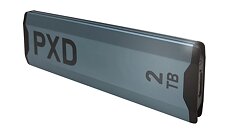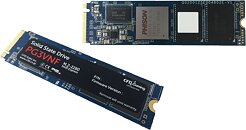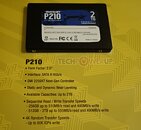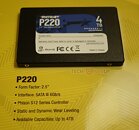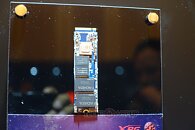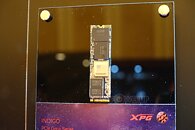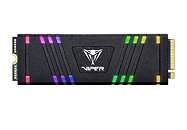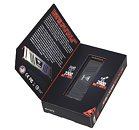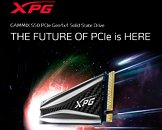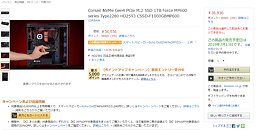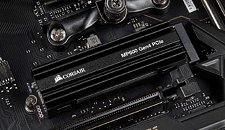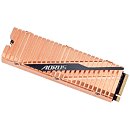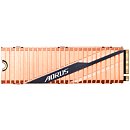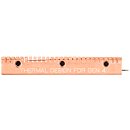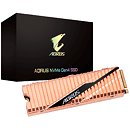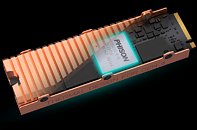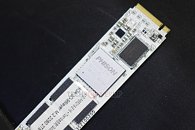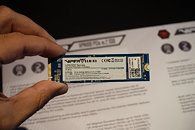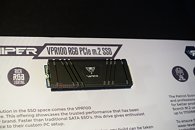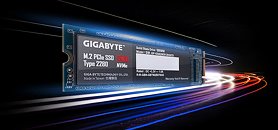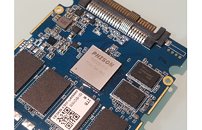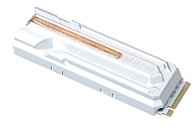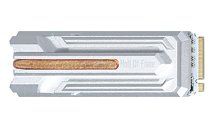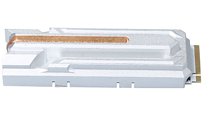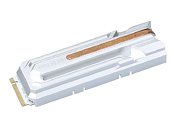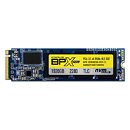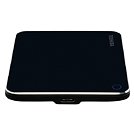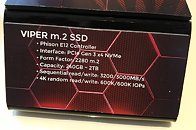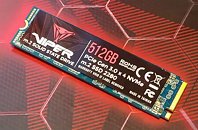
Phison Announces Support for YMTC 128-layer and 64-layer 3D NAND Flash Memory
SSD controller manufacturer Phison Electronics announced that its entire lineup of controllers are compatible with 64-layer 3D NAND flash memory chips by Yangtze Memory Technology Company (YMTC), the Chinese semiconductor firm specializing in memory devices, which is in the news for rapid product portfolio development in aid of China's plans to reduce dependence on foreign technology.
The company also announced readiness for YMTC's upcoming 128-layer 3D NAND flash memory chips. Phison's controllers feature industry-standard NAND flash interfaces, and supporting YMTC's chips would be as simple as developing an optimized firmware. YMTC leapfrogged from 64- to 128-layer, skipping the 96-layer product cycle. YMTC's 64-layer chips have been in mass-production since September 2019, and 128-layer chips will start shipping out later this year. Phison's first collaboration with YMTC will be for client-segment products, before developing enterprise-grade drives.
The company also announced readiness for YMTC's upcoming 128-layer 3D NAND flash memory chips. Phison's controllers feature industry-standard NAND flash interfaces, and supporting YMTC's chips would be as simple as developing an optimized firmware. YMTC leapfrogged from 64- to 128-layer, skipping the 96-layer product cycle. YMTC's 64-layer chips have been in mass-production since September 2019, and 128-layer chips will start shipping out later this year. Phison's first collaboration with YMTC will be for client-segment products, before developing enterprise-grade drives.


